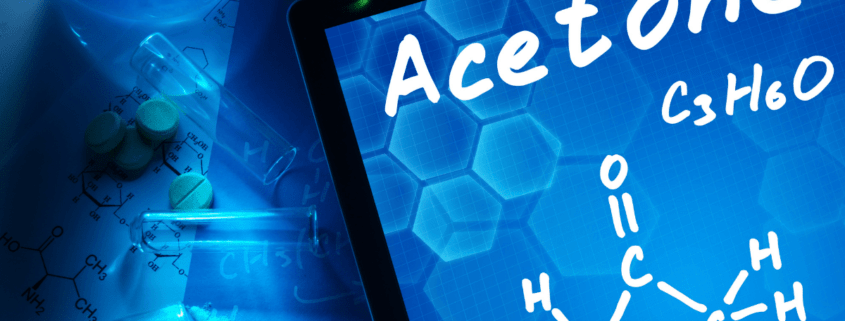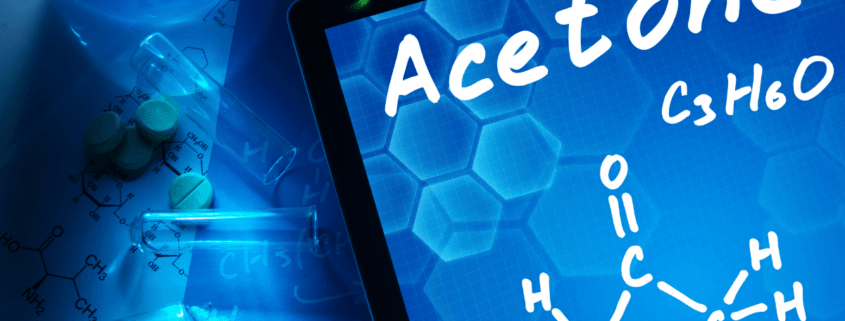Are Mineral Spirits and Acetone Different?
Mineral spirits and acetone are both solvents that professionals rely on to perform a variety of tasks. These two chemical compounds also have several at-home uses. However, they are not interchangeable solvents and therefore should not be treated as such to prevent surface damage, health risks, and other harm.
In this blog post, we’ll compare and contrast mineral spirits and acetone to help you determine when and when not to use each solvent.
Main Similarities and Differences of Mineral Spirits and Acetone
- Similarities
- Both chemicals are organic solvents and are often used as paint thinners. The two also clean a variety of surfaces and are effective at removing paint and other kinds of tough marks and grime in home settings. They also are great for using as degreasers in the
- Differences
- While they both think paint is effective at cleaning, the specific instances in which they are used to thin paint and clean is relative. Acetone is best for thinning lacquers (think nail polish) while mineral spirits are best for thinning oil-based paint (think wall paint and other artistic paints). Confusing the two in will affect the consistency of the paint and the end product once it’s been applied.
- Acetone should also not be used on as many surfaces as mineral spirits. This solvent characteristically eats away at plastic and has the ability to harm other delicate surfaces. Mineral spirits are safe on plastic when used in small amounts and are great for cleaning wood surfaces including furniture.
Different Properties of Mineral Spirits and Acetone
While the two may have different jobs they’re best suited to help perform, they also have different chemical compositions and therefore properties.
- Mineral Spirits:
- Less soluble
- Less of a fire hazard
- Less chance of injury or other health risks
- Odorless and preferable for at-home use
- Acetone:
- Water-soluble
- Highly flammable
- Not safe to inhale in large quantities and requires proper ventilation
- Destroys plastic
- Strong odor
- Water-soluble
Unsure of Which Is Best For You?
Ecolink’s team of chemical experts is standing by to help find the best chemical product for your company’s needs. We offer a free consultation and quote service and are available to meet over the phone or by email.
Need to Buy in Bulk?
Visit Ecolink’s shop to view all of our available chemical products and bulk sizing options. We offer a variety of sizes ranging from 5-gallon pails to 55-gallon drums which are not only a cost-effective option but also a sustainable choice.






